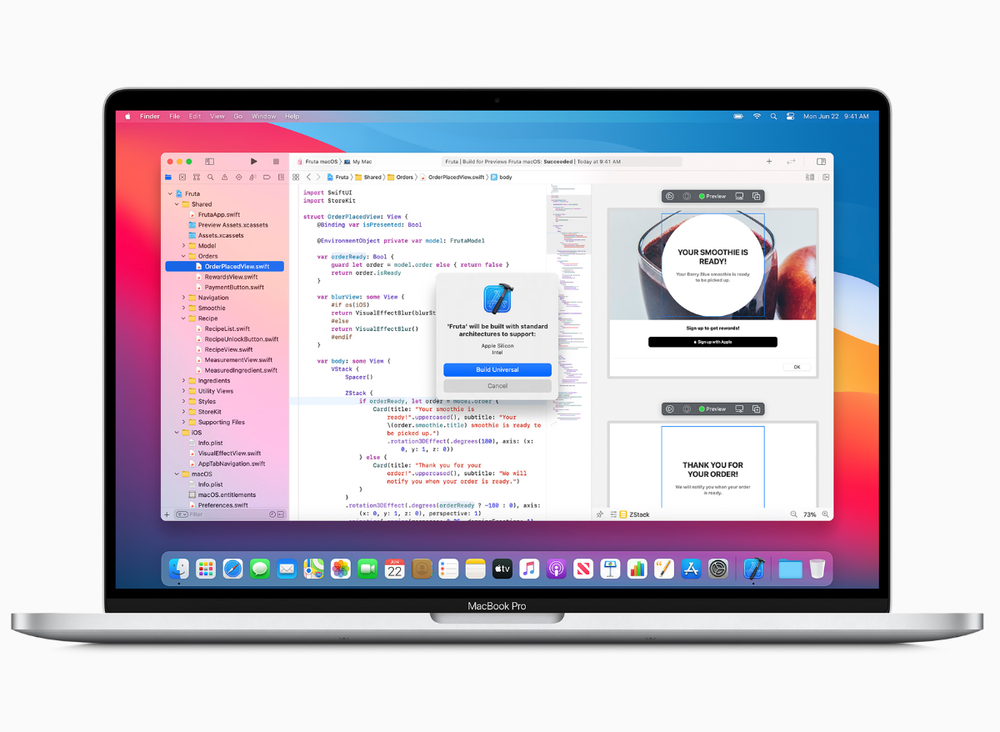The late Steve Jobs once said that what makes Apple products special is that the company makes the hardware and software. Of course, that wasn’t entirely true. The big exception to the statement is that the Mac relies on processors from Intel.

For now, that is. Yesterday, Apple announced that, within two years, all its desktops and laptops would run on its own silicon. There are good reasons for doing so, and, if you’re worried that ARM processors, won’t be powerful enough, you can relax.
During Monday’s online keynote at the virtual 2020 Worldwide Developer Conference, Apple boasted of its prowess in making its own silicon, including 10 years of iPhone chips (with a total 100-fold increase in CPU power) and specialized versions for the iPad Pro (with a 1,000-fold increase in graphics power). With that in mind, there are good reasons for Apple to make its own processors for the Mac.
They’ll result in desktops and laptops with better battery life and more built-in security features. What’s more, designing its own chips will save money and good sweet when it comes to Apple’s all-important gross margin line. It should also result in Macs with lower price tags (of course, we are talking Apple so…).
Bringing the Mac onto the same processor technology used on its other products gives Apple a common architecture chip architecture across its product lines. This will make it easier for developers to write software for Macs, iPads, and iPhones.
And here’s the kicker: according to CNET, the same processor family that powers iOS and iPadOS devices is at the heart of the world’s fastest machine. The system, named Fugaku and installed at the RIKEN Center for Computational Science in Japan, uses processors that are members of the ARM family that Apple will use in Macs.

Fugaku uses Fujitsu A64FX processors that are bigger and more power-hungry than the current ARM processors. However, the supercomputer helps show ARM-powered machines “can reach the loftiest of performance heights,” notes CNET.
If you’re still worried about an Intel-to-Apple silicon transition, it’s not going to happen immediately. Apple CEO Tim Cook says Apple still has some “great” Intel-based Macs on the way this year. He adds that macOS will continue to be built for Intel processors and supported for years to come.
